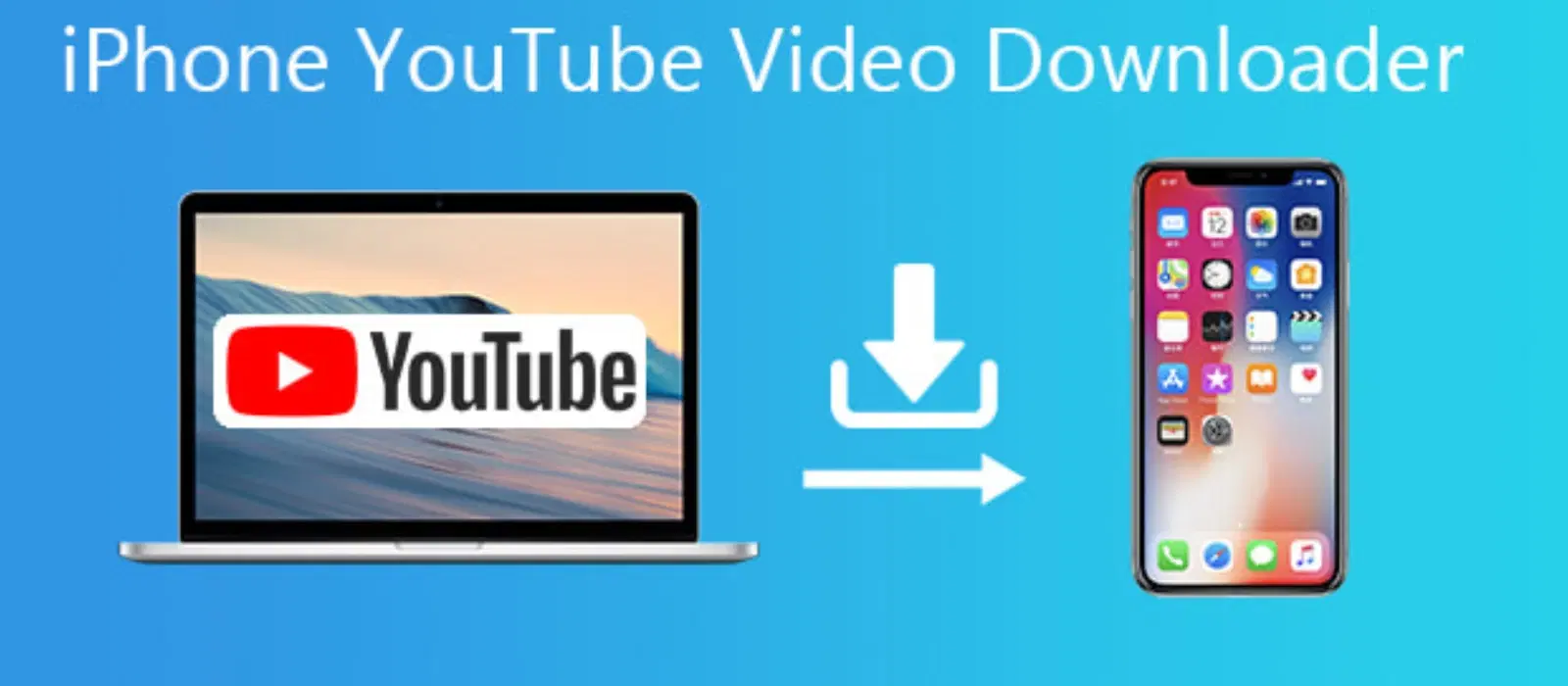
Consumer Electronics
•03 min read
Imagine effortlessly syncing your iPhone with your MacBook so that you can transfer files, share messages, and manage data seamlessly. This guide explains how to connect iPhone to Mac with ease, ensuring you can pair your devices either through a USB connection, Bluetooth, or wirelessly. Whether you need to transfer files from iPhone to Mac or simply want to access your photos and messages on the big screen, this guide offers clear advice and step-by-step instructions.
Linking these devices brings many advantages that help simplify your digital life:
Sync contacts, calendars, and photos for better organisation
Access iMessages, calls, and notifications across both devices
Enjoy effortless file transfers for work or personal use
You might need to connect iPhone to MacBook in various situations, such as:
Backing up your iPhone securely to your MacBook
Sharing large files using AirDrop between iPhone and Mac
Managing your iPhone storage from your MacBook
A USB connection is the most stable method when you need a fast and secure link. To connect iPhone to Mac via USB:
Use the iPhone to Mac USB cable and plug your iPhone into your MacBook.
Open Finder if you have macOS Catalina or later, or use iTunes on earlier versions of macOS.
Follow the onscreen instructions to sync and transfer files from iPhone to Mac.
This method provides stability and speed for transferring larger files and backing up important data.
To pair iPhone and Mac using a Bluetooth connection, begin by ensuring Bluetooth is enabled on both devices. Although an iPhone to Mac Bluetooth connection works best for sharing smaller files, it is useful for other quick interactions such as setting up a Personal Hotspot. Simply open the Bluetooth settings, select your MacBook on your iPhone, and complete the pairing process.
You can also connect iPhone to Mac wirelessly. This method includes using Wi-Fi syncing through Finder or iTunes. Additionally, enabling iCloud on your iPhone ensures automatic syncing, so your files, photos, and data remain updated on both devices without manual intervention.
AirDrop is a superb tool to transfer files quickly between iPhone and Mac. To use AirDrop between iPhone and Mac:
Enable AirDrop on both devices from the Control Centre on your iPhone and Finder on your Mac.
Select the file you want to transfer on your iPhone and choose your MacBook from the AirDrop list.
This method ensures a fast and secure iPhone to Mac data transfer without the need for cables.
For creative workflows, you might explore using your iPhone as a secondary display for your MacBook or using Sidecar features. This not only enhances productivity but also offers an innovative way to view content on a larger screen.
If your device isn’t showing up, start by checking your USB cable for any damage. Make sure both your iPhone and MacBook are running the latest software versions. Often, a simple restart or a software update can resolve many connection issues.
If you experience difficulties when trying to pair your devices via Bluetooth, try resetting the Bluetooth settings on both your iPhone and MacBook. Turning Bluetooth off and then on again on both devices can clear previous connections and allow for a fresh, successful pairing.
Ensure that both your iPhone and MacBook are on the same Wi-Fi network when experiencing issues with AirDrop or wireless syncing. If problems persist, resetting AirDrop settings may help reestablish a smooth connection.
Pro Tip: Optimize Your Connection for Efficiency
Did you know that enabling iCloud syncing ensures your iPhone and MacBook automatically stay in sync without manual intervention? Activate it in your iPhone’s settings under ‘iCloud’, and enjoy seamless data access across devices.
To connect wirelessly, enable Wi-Fi syncing via Finder or iTunes, or use iCloud to keep your devices synced automatically.
Make sure AirDrop is enabled on both devices, select the file on your iPhone, and choose your MacBook from the AirDrop menu.
Ensure your USB cable is functional, check for the latest software updates on both devices, and confirm that your iPhone is unlocked when connecting.
Sign into the same Apple ID on both your iPhone and MacBook, and activate "Messages in iCloud" in the settings.
Yes, you can pair your iPhone and MacBook via Bluetooth. This method is best for smaller file transfers or using Personal Hotspot features.
By following the methods outlined above, you can effectively connect your iPhone to your MacBook and enjoy the full benefits of an integrated Apple ecosystem. This seamless connection supports effortless file transfers and efficient management of your data, making your digital life easier and more organised. At Tata Neu, we understand the importance of smooth, reliable technology in advancing your lifestyle. Enjoy rewards such as NeuCoins while you shop smartly for the latest tech and gadgets, ensuring that every transaction is both convenient and rewarding.